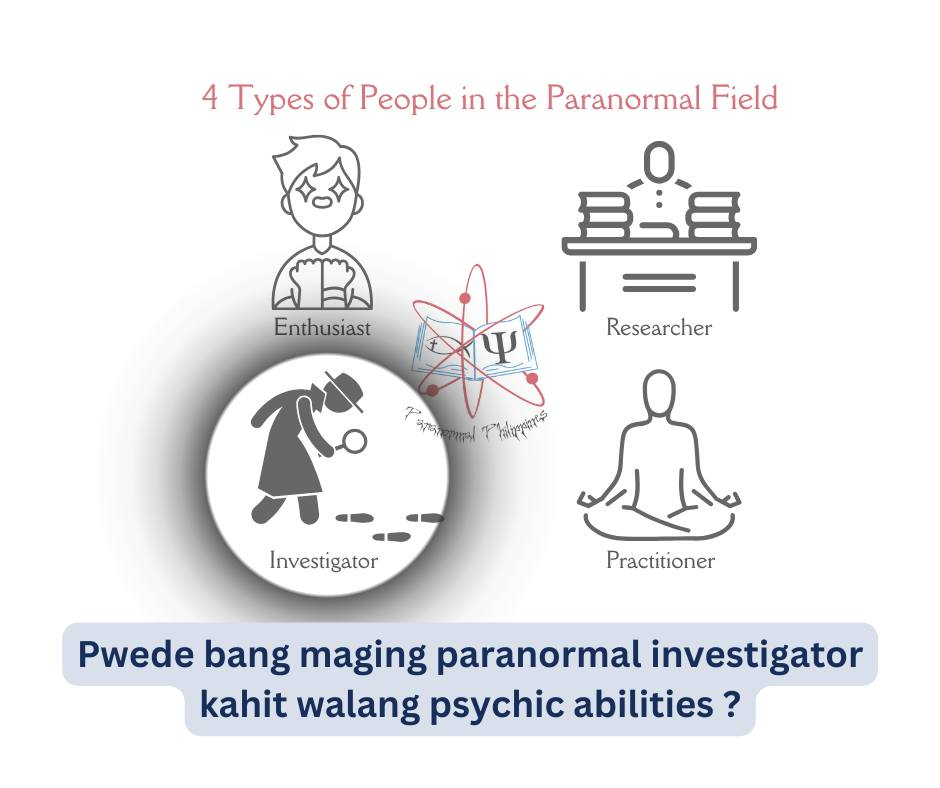Psi Theories: How Psychic Powers May Work
 🏠 |
🧭 |
🏠 |
🧭 |
Notes adapted from Extrasensory Perception: Support, Skepticism, and Science by Edwin C. May and Sonali Bhatt Marwaha
Psi—abilities like precognition, telepathy, and psychokinesis—can be tricky to study because they are hard to define. Just like intelligence or consciousness, psi is easier to measure than to explain. Researchers have approached it in different ways: as a type of anomalous perception, as direct knowledge of events outside ordinary senses, or as mind-to-matter influence. Each perspective highlights a different aspect, but none fully capture the phenomenon.
Despite these challenges, experiments in precognition, remote viewing, and psychokinesis have shown patterns beyond chance. This suggests psi is real enough to study, even if we don’t yet understand how it works. Importantly, psi may not be a single event but a process that unfolds over time and space.
To make sense of the different theories, we can group them into four domains:
⚛️Physics Domain – Ideas about how reality itself might allow psi, including quantum effects, multidimensional space, and flexible causality.
🧠Neuroscience Domain – How the brain and nervous system might process or access anomalous information.
🌀Psychological Domain – How perception, cognition, and individual differences could explain why psi shows up in only some people.
🜔 Dualist / Philosophical Domain – Perspectives on mind–matter connections, consciousness, and possibilities beyond the material world.
Any psi theory must address four key questions:
-
Causality: Can an effect happen before its cause?
-
Information Transfer: How can information travel across space or time in ways science doesn’t yet understand?
-
Perception: How do people detect this unusual information?
-
Individual Differences: Why does psi appear in only a few people?
This chart is a guide to the main psi theories as discussed in the book, showing how each attempts to answer these questions and explain how psychic abilities might work.
| Theory / Model | Key Proponents | Core Idea & Implications for Psi |
|---|---|---|
| ⚛️ Hyper-Dimensional Space-Time | Bernard Carr, Beichler, Puthoff, Targ, Rauscher, May | Consciousness can “move” through extra dimensions of space and time, which makes remote viewing and seeing the future possible. |
| ⚛️ Physics Beyond Causality | Richard Shoup, Quantum theorists | Psi can happen outside normal cause-and-effect rules, like getting info from the future or affecting things at a distance. |
| ⚛️ Retrocausation & Precognition | Daniel Sheehan, Daryl Bem | The future can “reach back” to influence your thoughts now, helping explain precognition. |
| ⚛️ Observational Theories | Brian Millar, Lucadou, Radin | What we see or focus on can change psi results, like the observer affecting the outcome. |
| ⚛️ Entropy & Precognition | Edwin May, Joseph Depp | The “messiness” or unpredictability of an event affects how easily it can be sensed or predicted. |
| 🧠 Multiphasic Model of Precognition (MMPC) | Sonali Bhatt Marwaha, Edwin May | Seeing the future happens in steps: from raw info in the universe to the brain interpreting it, which explains why some predictions are clear and others fuzzy. |
| 🧠 Consciousness-Induced Restoration of Time Symmetry (CIRTS) | Dick Bierman | Your mind can “balance time locally,” letting you sense the future or connect with someone else’s thoughts. |
| 🧠 Activational Model of ESP | Zoltán Vassy | Being focused, alert, or motivated makes psychic abilities stronger. |
| 🌀 Experimenter Psi / Decision Augmentation Theory (DAT) | Edwin May, Rex Stanford | The person running the experiment can unintentionally affect the results of psi tests. |
| 🌀 Model of Pragmatic Information (MPI) | Walter von Lucadou | Psi is more about meaningful coincidences than strict cause-and-effect—things just “line up” in a meaningful way. |
| 🌀 First Sight: Theory of Mind | James Carpenter | Your mind predicts what will happen, combining normal thinking with a “psi sense” of the future. |
| 🜔 Anomalous Cognition & Mind-Body Dualism | David Rousseau | Your mind isn’t just in your brain—it can exist separately, which could explain psychic abilities. |
Why Psi Theories are Important
Understanding psi theories is more than an academic exercise—it helps us explore the abilities and limits of human perception and the nature of reality itself. By mapping how different theories approach precognition, telepathy, and psychokinesis, we can identify patterns, design better experiments, and develop a clearer picture of how these abilities might operate.
Having these theories gives us a framework for investigation. They guide researchers in asking the right questions, testing hypotheses, and making sense of unusual experiences. They also help individuals and practitioners understand why psi occurs in some people and not others, and how it might be cultivated effectively and applied responsibly.
This chart is only the beginning. I will continue to add new theories, insights, and updates to this post as research progresses.
More Info: Paranormal Theories
- C.E.




Comments
Post a Comment